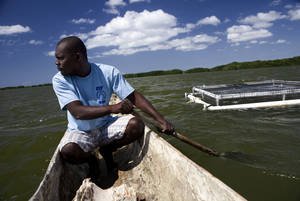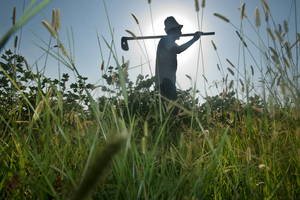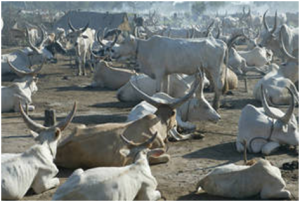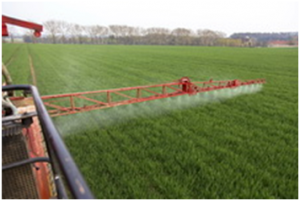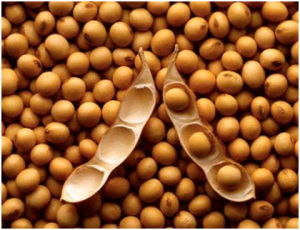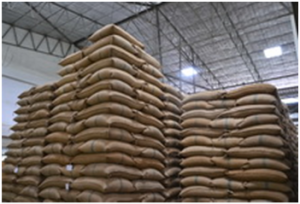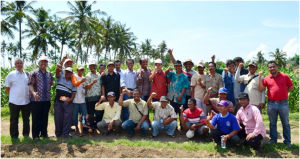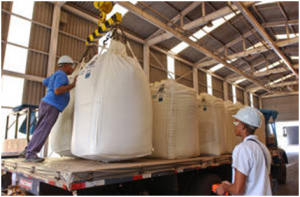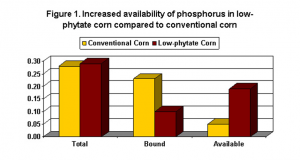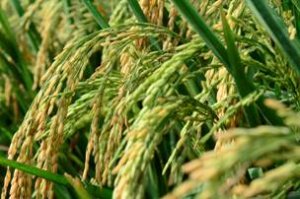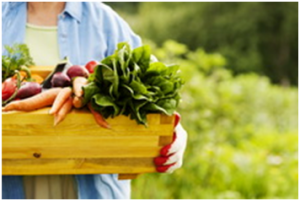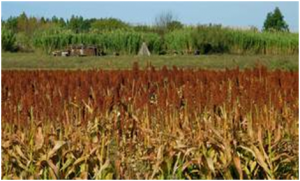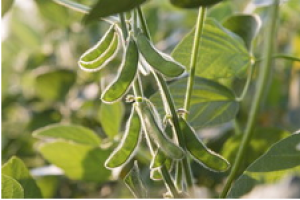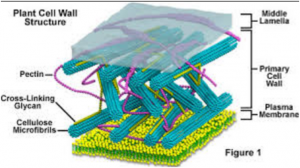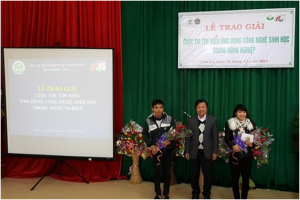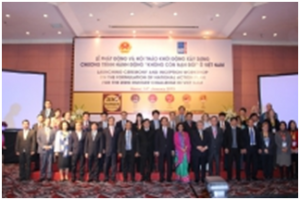Restoring agriculture production and infrastructure for the more than 7,000 farmers affected
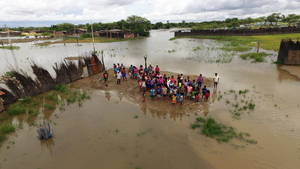
Figure: In the North Coast departments of Perú, some 445 000 people - 59 percent of affected households - are food insecure.
FAO 18 May 2017, Lima - FAO is working with the government of Peru to assist some 7,000 mostly small-scale farmers restore their capacity to produce crops and feed their families in the wake of heavy rains, floods and landslides that hit the country earlier this year.
The adverse conditions were caused by the "Coastal El Niño" phenomenon in January-March. In the worst-hit northern coastal areas of the country some 445 000 people - 59 percent of affected households - preliminary estimates indicate.
According to Peru's Ministry of Agriculture and Irrigation, more than 60 000 hectares of crops have been severely or partially affected and 18 000 hectares were left completely unusable.
To address this situation, the government has approved the Agrarian Reactivation Plan with an investment of $76 million. FAO seeks to complement this by requesting some $ 3.1 million from the international community to support activities aimed at restoring family agriculture in the remote areas of Piura, Lambayeque and La Libertad.
The FAO recovery project will provide the necessary inputs to establish orchards, recover irrigation infrastructure and provide technical assistance in animal health.
These activities will be implemented directly with affected farmers through cash-for-work transfers, ensuring household income generation and access to food, to mitigating the abandonment of plots and migration to cities.
Integral recovery
In Piura, Lambayeque and La Libertad FAO will support the rehabilitation of local supply markets, to ensure that farmers and fisher folk can quickly reinsert themselves into these marketing channels so that they obtain direct sources of income.
The organizations of the Humanitarian Network of Peru have identified urgent food assistance interventions to assist the victims in the three departments most affected by rains and flood which require $4.9 million to finance proposed interventions in food and nutrition security.
FAO is calling on the international community to support the recovery of the livelihoods of affected small farmers and aquaculture farmers, coordinated with the national government and subnational governments.
FAO supports the creation of a regional strategy for disaster risk management
Climate disasters are the emergencies that most impact food security and agriculture in Latin America and the Caribbean.
According to FAO, addressing these challenges requires adequate risk governance, early warning and monitoring systems, implementation of good practices and risk prevention and mitigation technologies in the agricultural sector, to ensure a rapid response focused on saving lives and livelihoods.
FAO, together with the United Nations Office for Disaster Risk Reduction (UNISDR), is supporting countries in Latin America and the Caribbean to develop a Regional Strategy for Disaster Risk Management in the agricultural sector and food and nutritional security, in response to a request by the Community of Latin American and Caribbean States, CELAC.
The strategy will be instrumental in guiding national risk management policies, harmonizing regulations and methodologies, and fostering synergies among countries.
See http://www.fao.org/news/story/en/item/887462/icode/
|


 Curently online :
Curently online :
 Total visitors :
Total visitors :

